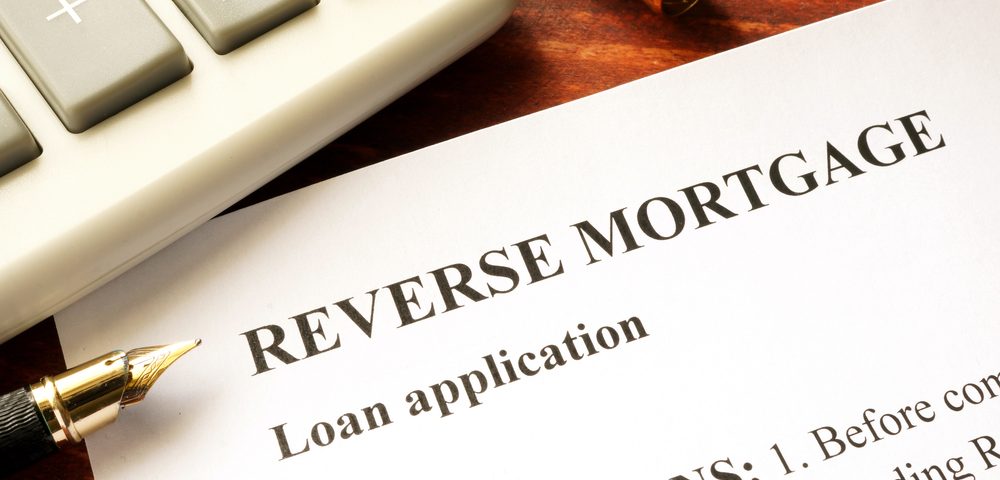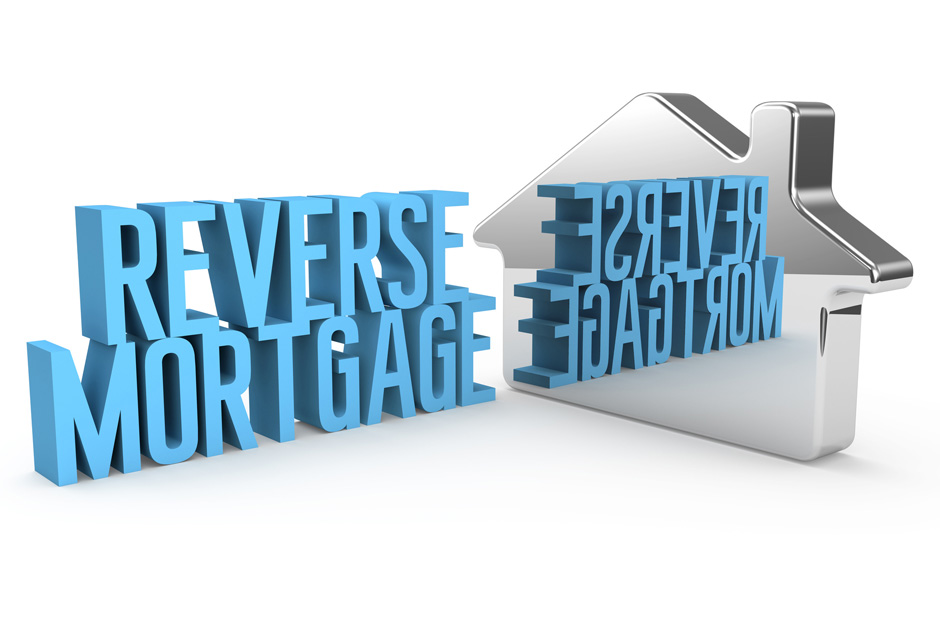A Guide to Help You Purchase Reverse Mortgage for Your Retirement Plan
A Guide to Help You Purchase Reverse Mortgage for Your Retirement Plan
Blog Article
Empower Your Retirement: The Smart Way to Acquisition a Reverse Home Mortgage
As retirement strategies, several individuals look for reliable approaches to improve their economic independence and well-being. Among these approaches, a reverse mortgage arises as a practical option for house owners aged 62 and older, permitting them to touch into their home equity without the necessity of monthly payments. While this financial tool uses a number of advantages, consisting of increased capital and the potential to cover crucial expenses, it is important to comprehend the intricacies of the application process and crucial considerations involved. The following steps may disclose exactly how you can make an educated choice that might substantially influence your retirement years.
Understanding Reverse Mortgages
Comprehending reverse mortgages can be crucial for property owners seeking financial flexibility in retired life. A reverse home loan is a financial product that permits qualified property owners, commonly aged 62 and older, to transform a section of their home equity into cash money. Unlike standard home mortgages, where borrowers make regular monthly repayments to a loan provider, reverse home mortgages make it possible for homeowners to get repayments or a round figure while keeping possession of their residential property.
The amount readily available with a reverse mortgage depends upon a number of elements, consisting of the house owner's age, the home's value, and current interest rates. Significantly, the loan does not need to be paid back till the homeowner offers the home, vacates, or dies.
It is crucial for possible borrowers to understand the implications of this financial product, including the influence on estate inheritance, tax factors to consider, and continuous obligations associated with building maintenance, taxes, and insurance. Additionally, counseling sessions with certified specialists are usually called for to ensure that debtors totally comprehend the conditions of the car loan. Overall, a thorough understanding of reverse mortgages can encourage home owners to make enlightened decisions about their financial future in retirement.
Advantages of a Reverse Home Mortgage
A reverse home loan uses several compelling benefits for eligible house owners, specifically those in retired life. This economic tool allows senior citizens to transform a portion of their home equity into money, offering crucial funds without the demand for month-to-month home loan repayments. The cash gotten can be used for different functions, such as covering medical expenses, making home enhancements, or supplementing retirement earnings, therefore improving overall economic flexibility.
One significant advantage of a reverse home loan is that it does not require settlement till the home owner relocates out, markets the home, or dies - purchase reverse mortgage. This attribute makes it possible for retired people to maintain their way of life and satisfy unforeseen costs without the worry of month-to-month repayments. Additionally, the funds received are usually tax-free, enabling homeowners to utilize their cash without concern of tax obligation effects
Furthermore, a reverse mortgage can supply assurance, understanding that it can act as an economic safeguard during difficult times. Home owners additionally maintain ownership of their homes, guaranteeing they can proceed staying in an acquainted setting. Ultimately, a reverse mortgage can be a calculated funds, empowering senior citizens to handle their funds effectively while enjoying their gold years.
The Application Process
Navigating the application process for a reverse home loan is a crucial action for home owners considering this monetary choice. The initial stage includes evaluating qualification, which commonly calls for the homeowner to be at least 62 years of ages, own the building outright or have a reduced home loan equilibrium, and occupy the home as their primary house.
As soon as eligibility is verified, house owners need to undertake a counseling session with a HUD-approved counselor. This session makes sure that they completely understand the effects of a reverse mortgage, including the obligations involved. purchase reverse mortgage. After finishing therapy, applicants can continue to gather necessary documentation, including proof of income, properties, and the home's value
The following action entails submitting an application to a lending institution, who will evaluate the economic and home qualifications. An evaluation of the home will certainly also be carried out to identify its market price. If approved, the lending institution will present financing terms, which need to be examined carefully.
Upon approval, the closing process complies with, where final papers are signed, and funds are disbursed. Understanding each phase of this application procedure can substantially boost the home owner's self-confidence and decision-making relating to reverse home loans.

Trick Factors To Consider Before Buying
Buying a reverse home loan is a significant economic choice that requires cautious factor to consider of several vital elements. Recognizing your eligibility is crucial. House owners should be at the very least our website 62 years old, and the home must be their main house. Assessing your economic requirements and goals is just as important; figure out whether a reverse home loan lines up with your long-term strategies.

A reverse mortgage can influence your qualification for particular government benefits, such as Medicaid. By thoroughly examining these considerations, you can make a more enlightened choice about whether a reverse mortgage is the ideal economic technique for your retired life.
Maximizing Your Funds
Once you have actually protected a reverse mortgage, successfully managing the funds ends up being a concern. The versatility of a reverse home mortgage permits property owners to utilize the funds in different methods, but strategic planning is vital to optimize their advantages.
One key approach is to produce a spending plan that describes your regular monthly expenses and economic objectives. By identifying necessary expenditures such as healthcare, home taxes, and home upkeep, you can allot funds accordingly to guarantee long-term sustainability. Additionally, think about making use of a section of the funds for investments that can generate earnings or appreciate in time, such as dividend-paying stocks or mutual funds.
Another important element is to preserve a reserve. Alloting a book from your reverse home mortgage can assist cover unforeseen prices, offering satisfaction and financial security. Additionally, seek advice visit this page from a financial expert to check out feasible tax obligation implications and just how to incorporate reverse home mortgage funds right into your general retired life strategy.
Eventually, sensible management of reverse home mortgage funds can improve your economic safety, allowing you to enjoy your retirement years without the stress of monetary uncertainty. Cautious preparation and notified decision-making will certainly make certain that your funds work effectively for you.
Final Thought
In conclusion, a reverse home mortgage presents a sensible financial approach for elders looking for to enhance their retired life experience. By transforming home equity into easily accessible funds, individuals can resolve vital expenses and safe and secure extra economic sources without sustaining regular monthly repayments.
Understanding reverse home mortgages can be vital for homeowners looking for financial versatility in retirement. A reverse home mortgage is a financial product that browse around here allows eligible house owners, commonly aged 62 and older, to convert a portion of their home equity into cash money. Unlike traditional mortgages, where customers make month-to-month settlements to a loan provider, reverse home loans enable homeowners to receive repayments or a lump sum while preserving ownership of their building.
In general, a thorough understanding of reverse home loans can equip home owners to make informed decisions about their financial future in retirement.
Seek advice from with an economic advisor to discover feasible tax implications and exactly how to incorporate reverse home loan funds right into your general retired life method.
Report this page